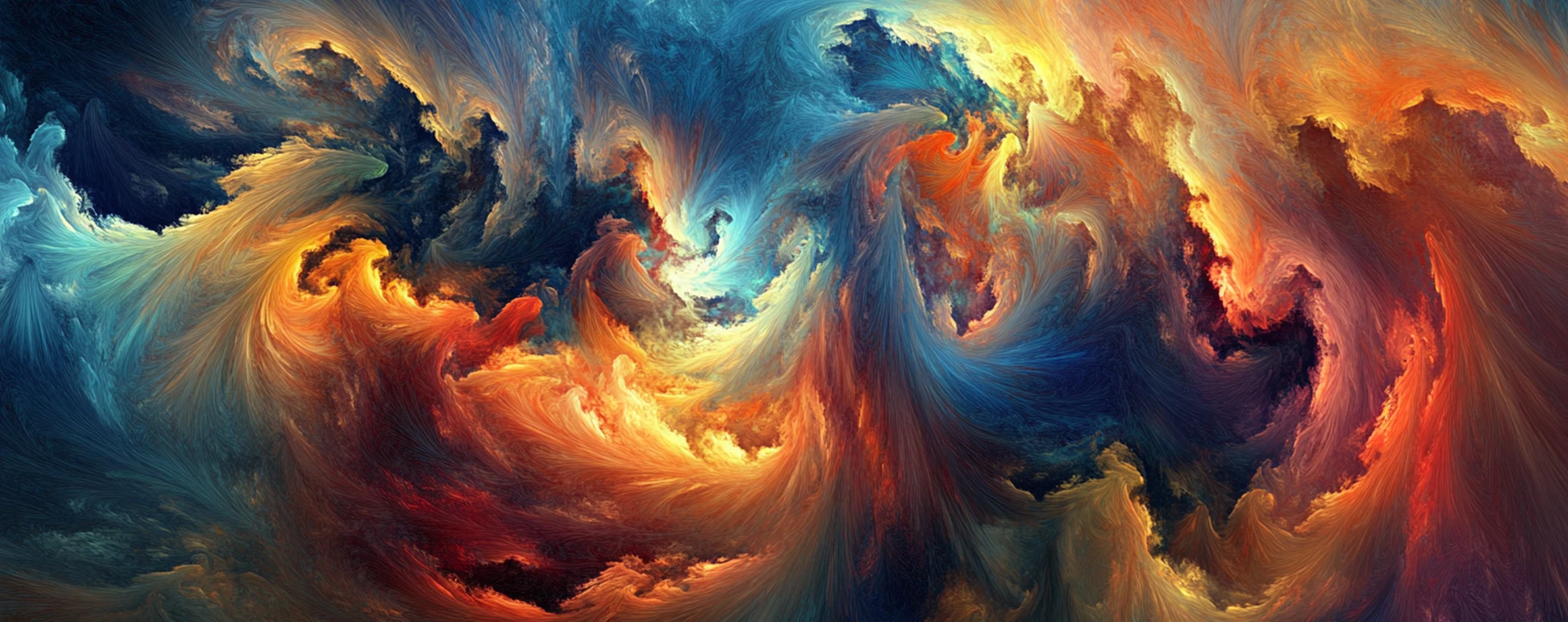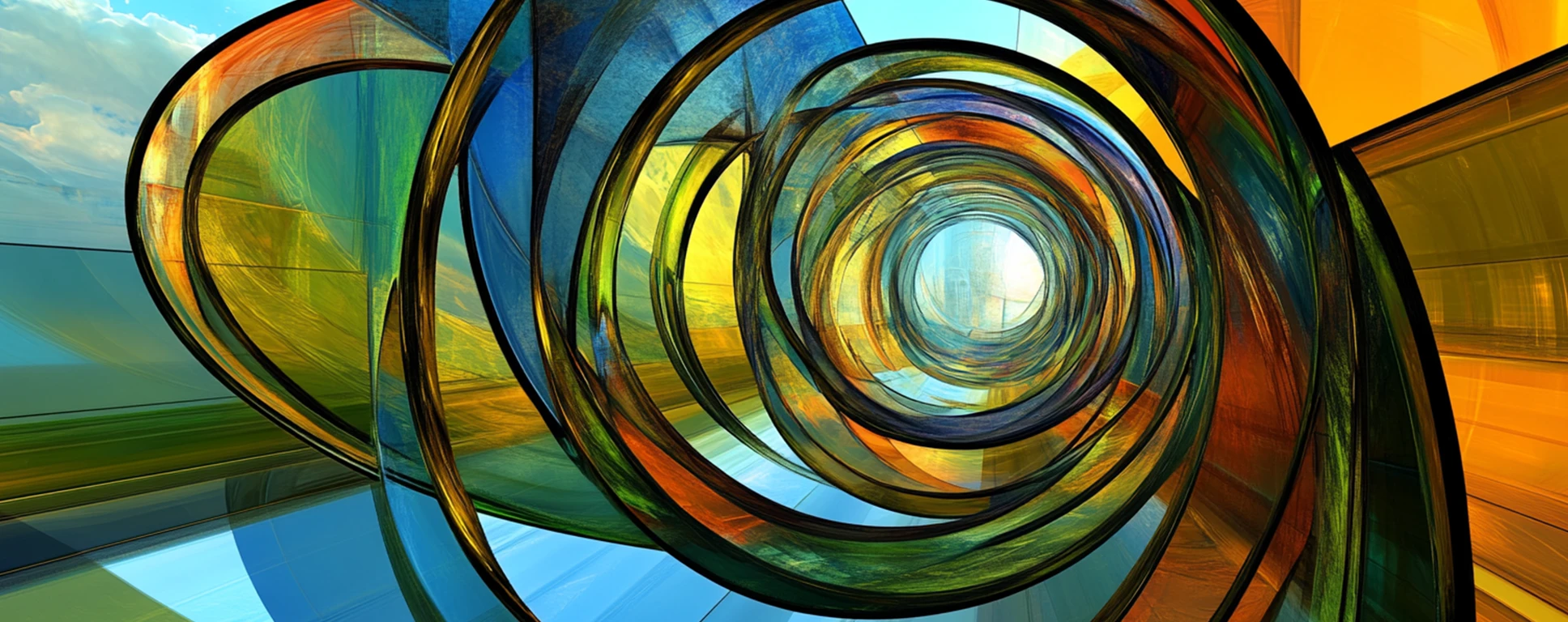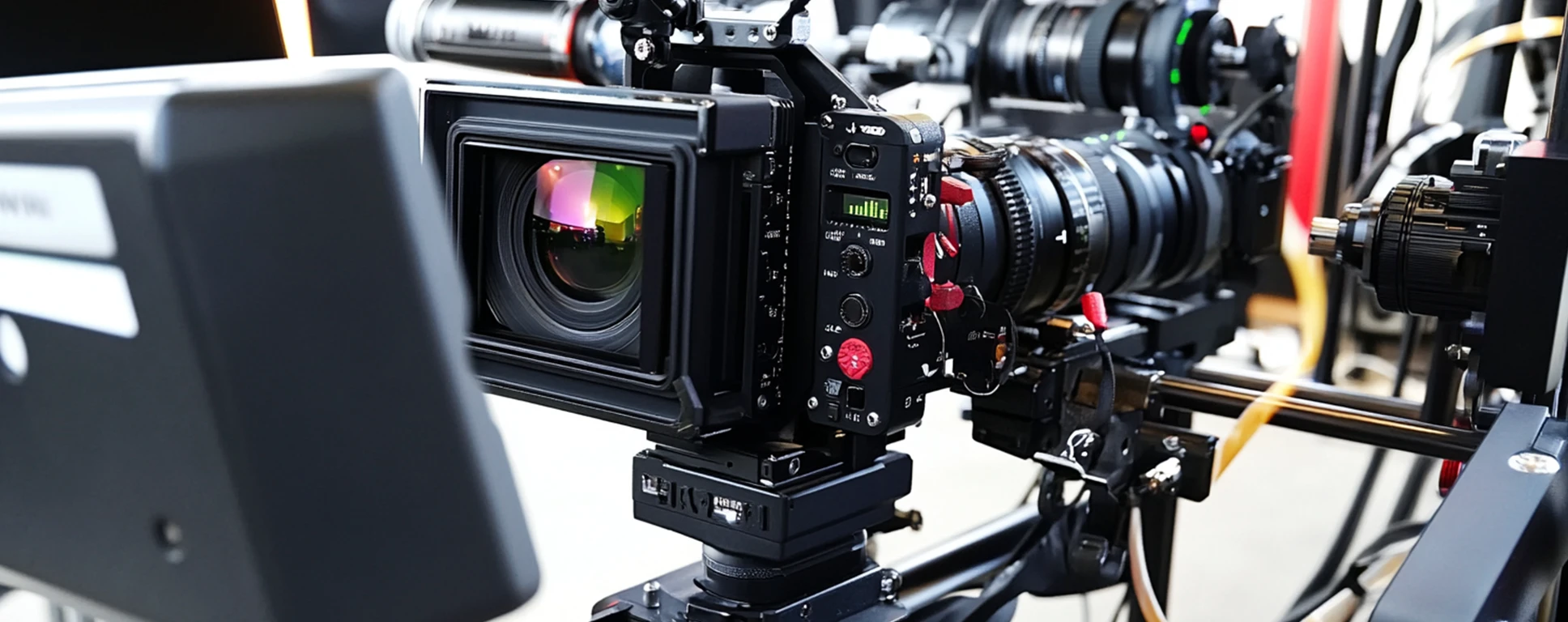
Visual Language: On Images (Session 1)
Course Code
ARTV 10100 91
Course Description
Through studio work and critical discussions on 2D form, this course is designed to reveal the conventions of images and image-making. Basic formal elements and principles of art are presented, but they are also put into practice to reveal perennial issues in a visual field. Form is studied as a means to communicate content. Topics as varied as, but not limited to, illusion, analogy, metaphor, time and memory, nature and culture, abstraction, the role of the author, and universal systems can be illuminated through these primary investigations. Visits to museums and other fieldwork required, as is participation in studio exercises and group critiques.
Course Criteria
This section (91) runs for three weeks and focuses on painting and drawing, and will not require museum visits or fieldwork. This section is NOT eligible for the DOVA waitlist. If this course is full, please go here to request a spot on the course waitlist. ARTV 10100, 10200, 10300 meet the arts core requirement and may be taken in any order. This course fulfills the general education requirement in musical, visual and dramatic arts. Enrollment is limited to 16.
Instructor(s)
Takashi Shallow
UChicago Registration 1Other Courses to Consider
These courses might also be of interest.
 Visual Language: On Images (Session 2)
Visual Language: On Images (Session 2)Through studio work and critical discussions on 2D form, this course is designed to reveal the conventions of images and image-making. Basic formal elements and principles of art are presented, but they are also put into practice to reveal perennial issues in a visual field. Form is studied as a means to communicate content. Topics as varied as, but not limited to, illusion, analogy, metaphor, time and memory, nature and culture, abstraction, the role of the author, and universal systems can be illuminated through these primary investigations. Visits to museums and other fieldwork required, as is participation in studio exercises and group critiques.
Remote Visual Language: On Images
Visual Language: On ImagesThrough studio work and critical discussions on 2D form, this course is designed to reveal the conventions of images and image-making. Basic formal elements and principles of art are presented, but they are also put into practice to reveal perennial issues in a visual field. Form is studied as a means to communicate content.
Topics as varied as, but not limited to, illusion, analogy, metaphor, time and memory, nature and culture, abstraction, the role of the author, and universal systems can be illuminated through these primary investigations.
Visits to museums and other fieldwork required, as is participation in studio exercises and group critiques. Students must attend the first two class sessions to confirm enrollment. Wait list requests are due several weeks before the quarter begins. Sign up for the wait list at https://dova.uchicago.edu/waitlist.
Residential On Time and Space
On Time and SpaceThis studio course focuses on the fundamentals of pre-production, production, and post-production techniques using digital video.
The course is primarily concerned with how patterns of techniques and formal logics interact and shape our experience of space and time. We will engage in creative and technical studies, individual projects, readings and screenings that focus on the organization and technical realization of content as well as its interpretation. Videography, lighting, sound design, and editing using Adobe Premiere are taught through concepts and methodologies drawn from fine art, documentary, and narrative film and video making considered across different viewing platforms.
The goal is for students to understand how the experience of space and time can be shaped in the film medium. Students will leave the course with a grasp of the conventional and self-invented techniques filmmakers use.
Remote